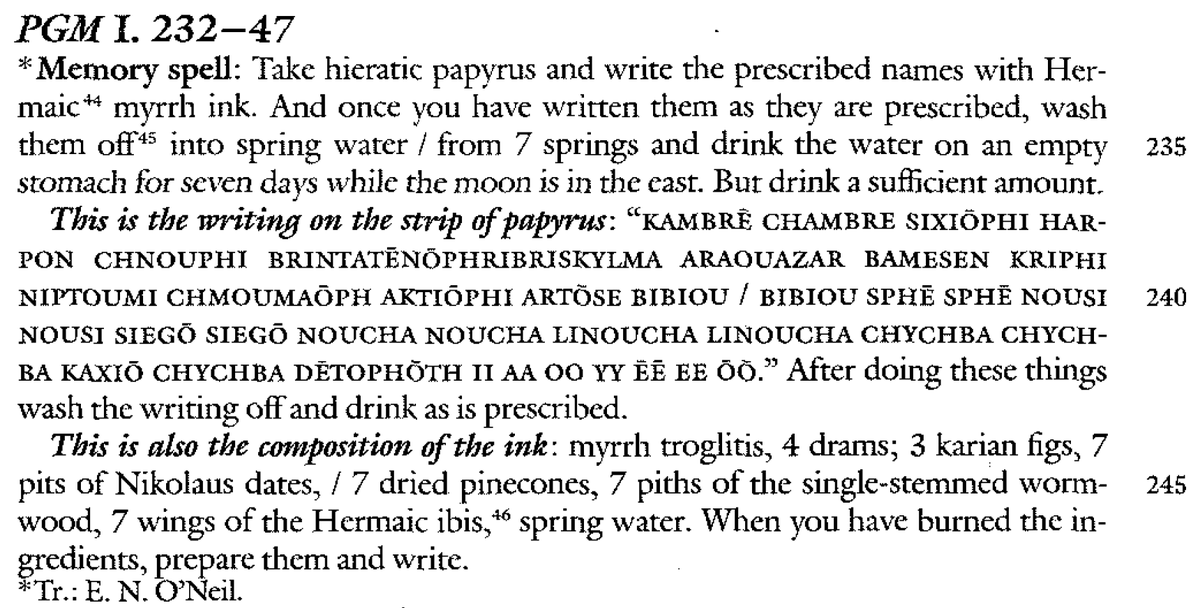
"He who would bind himself to the Prince of Torah.. must enter & dwell for twelve days in a room or in an upper chamber. He may not go out & he may not come in, & he must not eat or drink..."

Keep Current with Simcha Gross
This Thread may be Removed Anytime!
Twitter may remove this content at anytime, convert it as a PDF, save and print for later use!

1) Follow Thread Reader App on Twitter so you can easily mention us!
2) Go to a Twitter thread (series of Tweets by the same owner) and mention us with a keyword "unroll"
@threadreaderapp unroll
You can practice here first or read more on our help page!